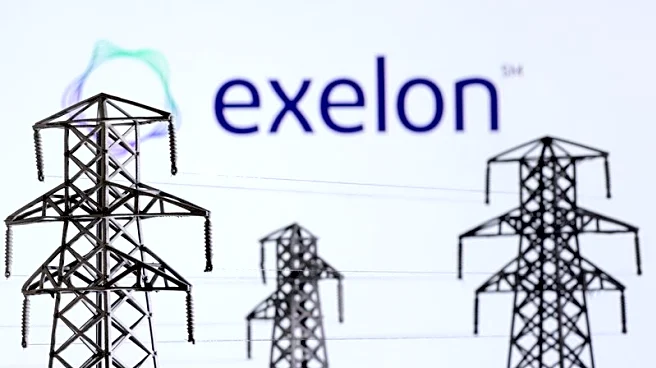What's Happening?
Hamas is struggling to meet the terms of a ceasefire agreement due to internal divisions and financial difficulties. According to mediators, the group is unable to pay its fighters and coordinate effectively with newly recruited members. This situation raises concerns that some factions may ignore Hamas's demands to disarm, potentially jeopardizing the ceasefire. The challenges are compounded by the recent loss of a senior military commander, Marwan Issa, in an Israeli airstrike.
Why It's Important?
The inability of Hamas to fulfill ceasefire terms could destabilize the region further and undermine peace efforts. If factions within Hamas refuse to disarm, it could lead to renewed violence and complicate diplomatic efforts to achieve lasting peace. This situation highlights the fragility of ceasefire agreements and the complexities of negotiating with divided groups. The outcome could influence international perceptions of the conflict and affect future peace negotiations.
What's Next?
Mediators and international stakeholders may need to intervene to address the internal divisions within Hamas and ensure compliance with the ceasefire terms. Diplomatic efforts could focus on providing financial and logistical support to stabilize the situation. The response from Israel and other regional actors will be critical in determining the ceasefire's viability. Continued monitoring and engagement by the international community will be necessary to prevent a resurgence of conflict.










